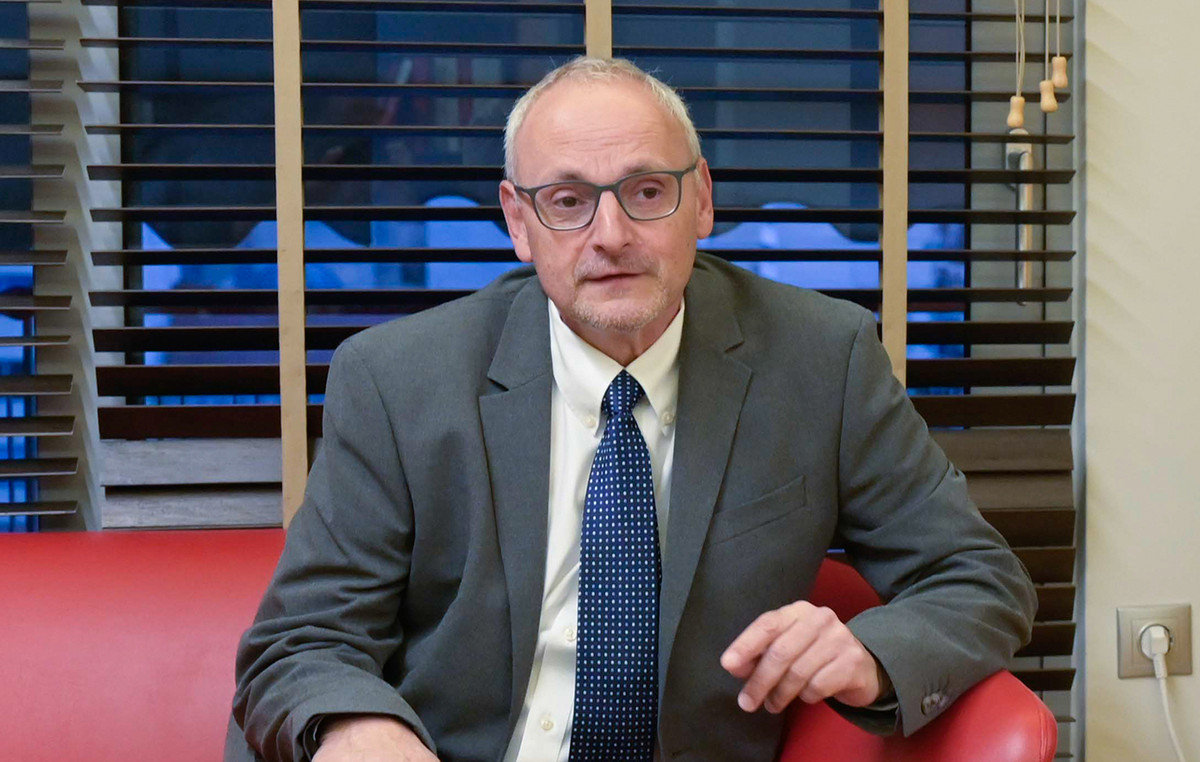The loss of effectiveness of vaccines against Covid-19 in use around the world is one of the main concerns with the emergence of new variants of the coronavirus. The Ômicron variant, identified in November 2021, showed an ability to infect both people who already had the disease and vaccinated individuals.
However, although the strain has caused significant increases in the number of cases in several countries, including Brazil, hospitalization and death rates did not follow the same growth rate.
World Health Organization (WHO) Technical Director Maria Van Kerkhove said in an interview with the WHO’s “Science in 5” podcast that vaccines remain “incredibly effective in preventing serious illness and death, including against the variant of most concern.” recent, Omicron”.
The director highlighted that the WHO is working with surveillance officials, public health officials and experts around the world to track the virus.
“There are five variants that the WHO has classified as variants of global concern. The most recent is Ômicron and, in fact, we are following several sublineages of Ômicron. You’ve heard us talk about BA.1 and BA.2. There are other sublineages that are circulating as well,” he said.
According to her, Ômicron is, in fact, more transmissible than other variants of concern, including Delta.
“BA.2, of the sublineages, is even more transmissible than BA1. We’re also looking at severity and looking at whether these worry variants are causing more or less serious illness. We now know that Omicron is less severe compared to Delta, the other worrisome variant that was circulating,” he said.
Challenges
The WHO technical director points out that, in the third year of the pandemic, the maintenance of surveillance systems is a challenge.
“Maintaining vigilance, tracking testing and ensuring good tracking of this virus in at-risk populations, people over 60, people with underlying conditions, immunocompromised patients, to ensure that we are really understanding how and where the virus is spreading is. really critical,” he warned.
For Maria, testing and genetic sequencing of the virus are still fundamental strategies for controlling the pandemic. “Not only do we need to improve access to vaccines, as you hear us talk a lot, we also need to maintain public health services like surveillance, testing and sequencing,” she said.
According to the WHO, the results of sequencing tests are used to monitor changes in the virus, reflecting on health measures and investigating the impacts of mutations for antivirals, vaccines and diagnostic tests.
Basic care helps prevent Covid-19
Source: CNN Brasil







